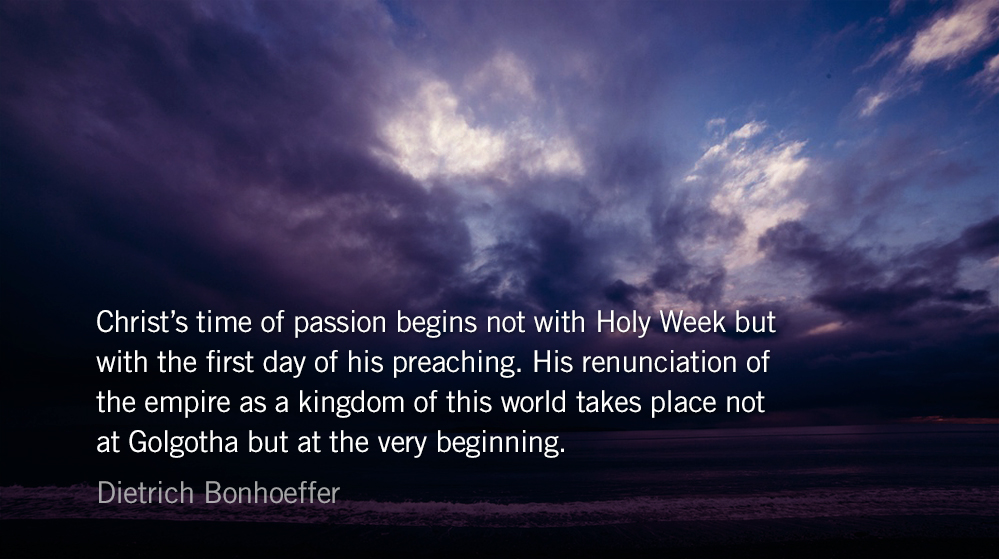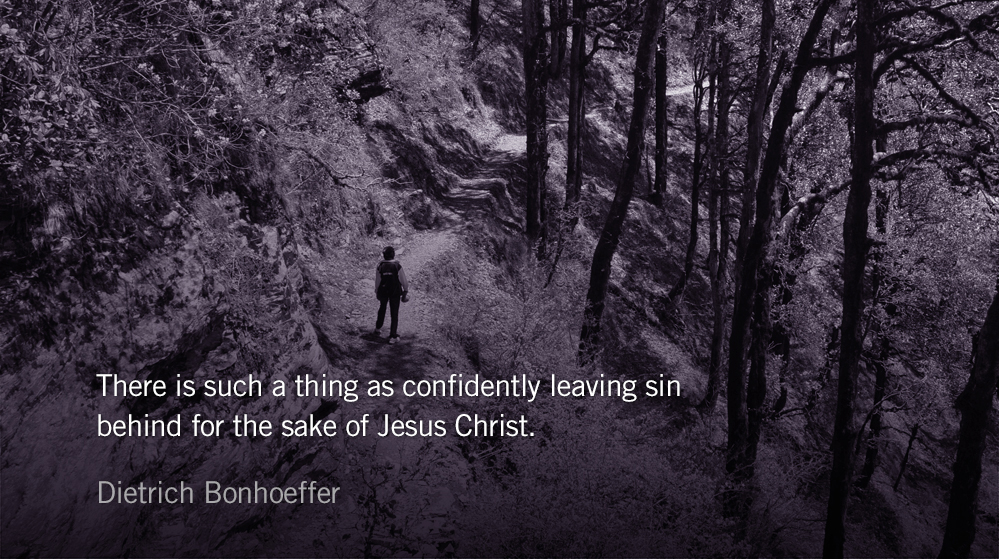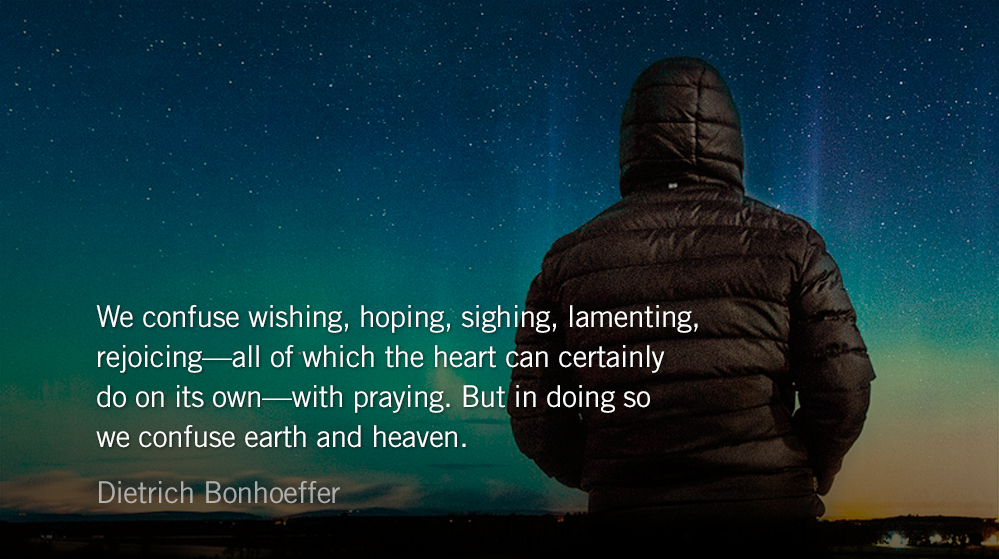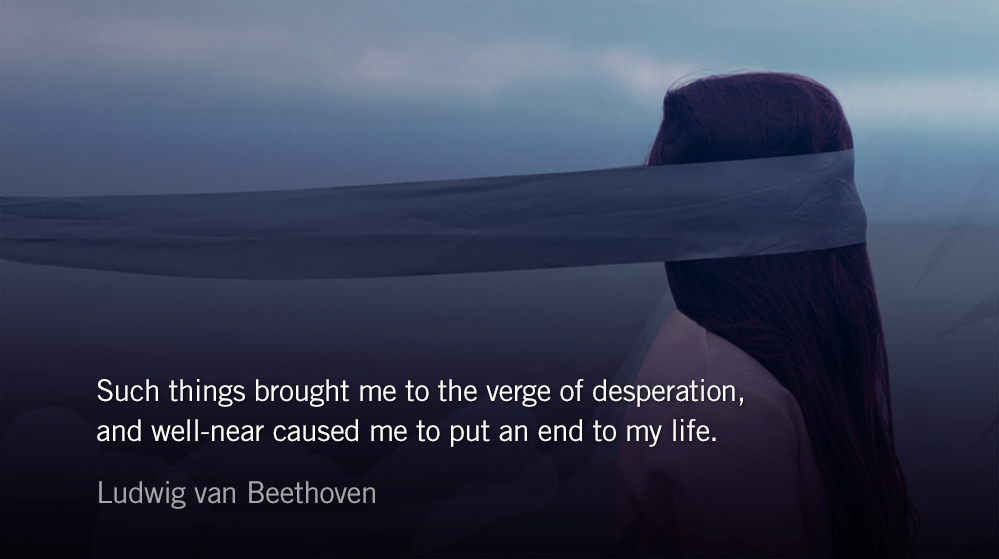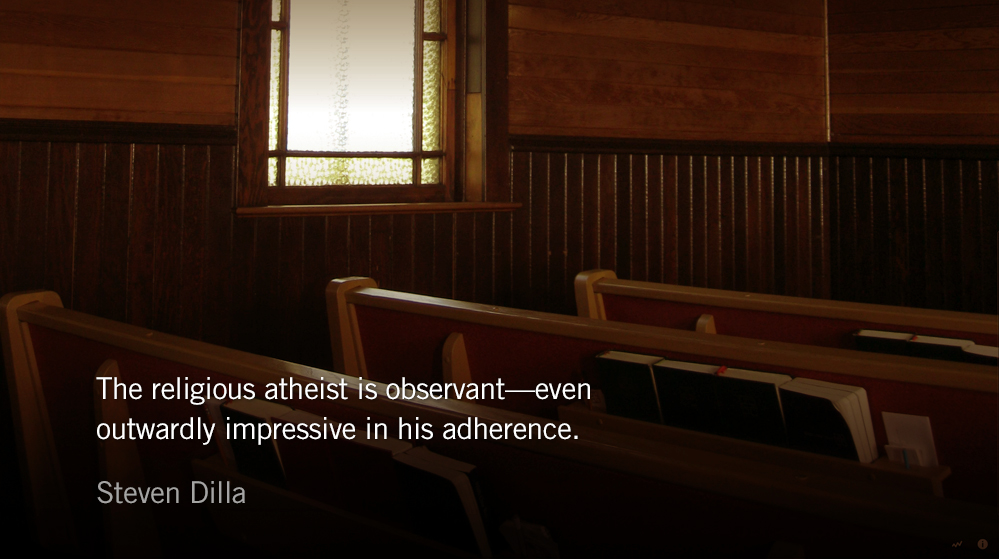“Christ’s time of passion begins not with Holy Week but with the first day of his preaching,” wrote Dietrich Bonhoeffer. “His renunciation of the empire as a kingdom of this world takes place not at Golgotha but at the very beginning.”
Jesus could have been Lord of this world. As the Messiah the Jews had dreamed of, he could have freed Israel and led it to fame and honor. He is a remarkable man, who is offered dominion over the world even before the beginning of his ministry. And it is even more remarkable that he turns down this offer. He knows that for this dominion he would have to pay a price that is too high for him. It would come at the cost of obedience to God’s will.
“Worship the Lord your God, and serve only him” (Luke 4:8). Jesus knows what that means. It means lowliness, abuse, persecution. It means remaining misunderstood. It means hate, death, the cross. And he chooses this way from the beginning. It is the way of obedience and the way of freedom, for it is the way of God. And therefore it is also the way of love for human beings.
I Cannot Do This AloneO God, early in the morning I cry to you.Help me to prayAnd to concentrate my thoughts on you;I cannot do this alone.In me there is darkness,But with you there is light;I am lonely, but you do not leave me;I am feeble in heart, but with you there is help;I am restless, but with you there is peace.In me there is bitterness, but with you there is patience;I do not understand your ways,But you know the way for me….Restore me to liberty,And enable me to live nowThat I may answer before you and before men.Lord whatever this day may bring,Your name be praised.Amen
Today’s Reading
Job 24 (Listen – 2:56)
1 Corinthians 11 (Listen – 4:20)


